How to choose a flute that suits you?
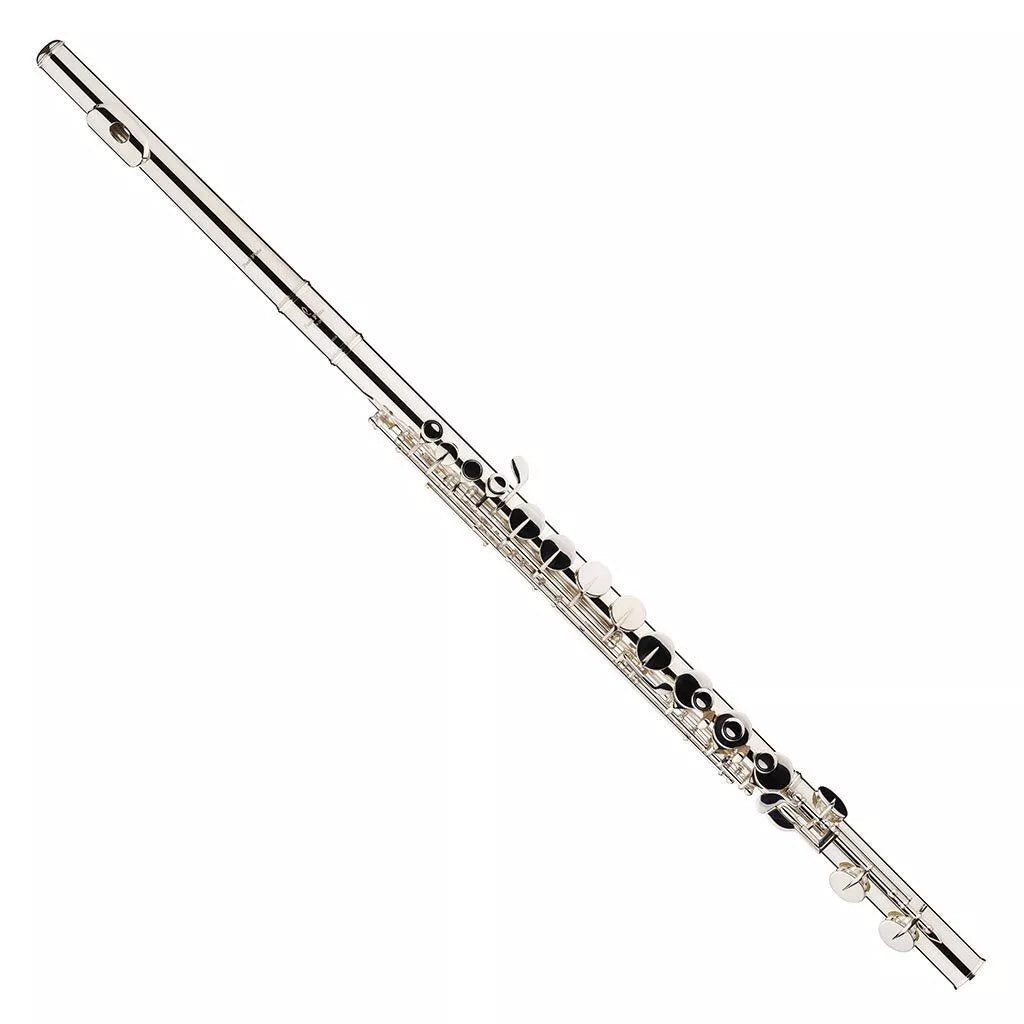
When choosing a 16-hole closed-hole flute for beginners, there are several factors to consider:
Material: Flutes can be made from different materials such as nickel-plated brass, silver-plated brass, or even solid silver. For beginners, a nickel-plated brass flute is usually more affordable and durable, making it a common choice.
Brand: Look for reputable flute brands that are known for producing quality instruments. Some popular brands for beginner flutes include
Key configuration: Closed-hole flutes are generally recommended for beginners as they are easier to play and require less finger dexterity. Look for a flute with 16 holes that are covered by keys, which allows for easier fingering and intonation.
Offset G or inline G:
can have either an offset G or inline G key configuration. An offset G means that the G key is slightly offset from the other keys, making it easier to reach for smaller hands. An inline G means that the G key is in line with the other keys. Beginners with smaller hands may find an offset G flute more comfortable to play.
Price: Consider your budget when choosing a flute. Beginner flutes are usually more affordable compared to professional flutes, but it's important to choose a flute that fits within your budget while still maintaining quality.
Try before you buy: If possible, try playing the flute before purchasing it to ensure that it feels comfortable in your hands and produces a good sound. This can help you find a flute that suits your preferences and playing style.
Additional features: Some flutes may come with additional features such as a split E mechanism, which can make playing the high E easier, or a C# trill key, which can make playing certain trills smoother. These features may be beneficial for some beginners, but they are not essential.
By considering these factors, you can choose a 16-hole closed-hole flute that is suitable for beginners and helps you start your flute-playing journey on the right note.
ertainly! Here are some self-questions and answers about choosing a flute:
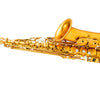
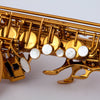
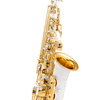

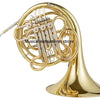
When choosing a beginner flute, this guide indicates that student flutes are often made of brass and then plated to create a different appearance. In my experience, the most common metal used for the body and key mechanism of beginner flutes is nickel. Most of the time the flute will be plated with silver, though, brightly colored flutes are gaining in popularity.
Flutes for advanced and professional musicians are usually crafted from materials such as sterling silver, gold of varying karat wight, platinum, or a range of exotic alloys. There are many options available on finely crafted flutes.
One option to consider, even for a beginner, is a silver lip plate and riser (chimney). This is the heart of tone production on a flute. This option will facilitate a more complex development of tone without restricting the advancement of a newer student.
As always, it is good to listen to the advice from those with experience and keep asking questions.